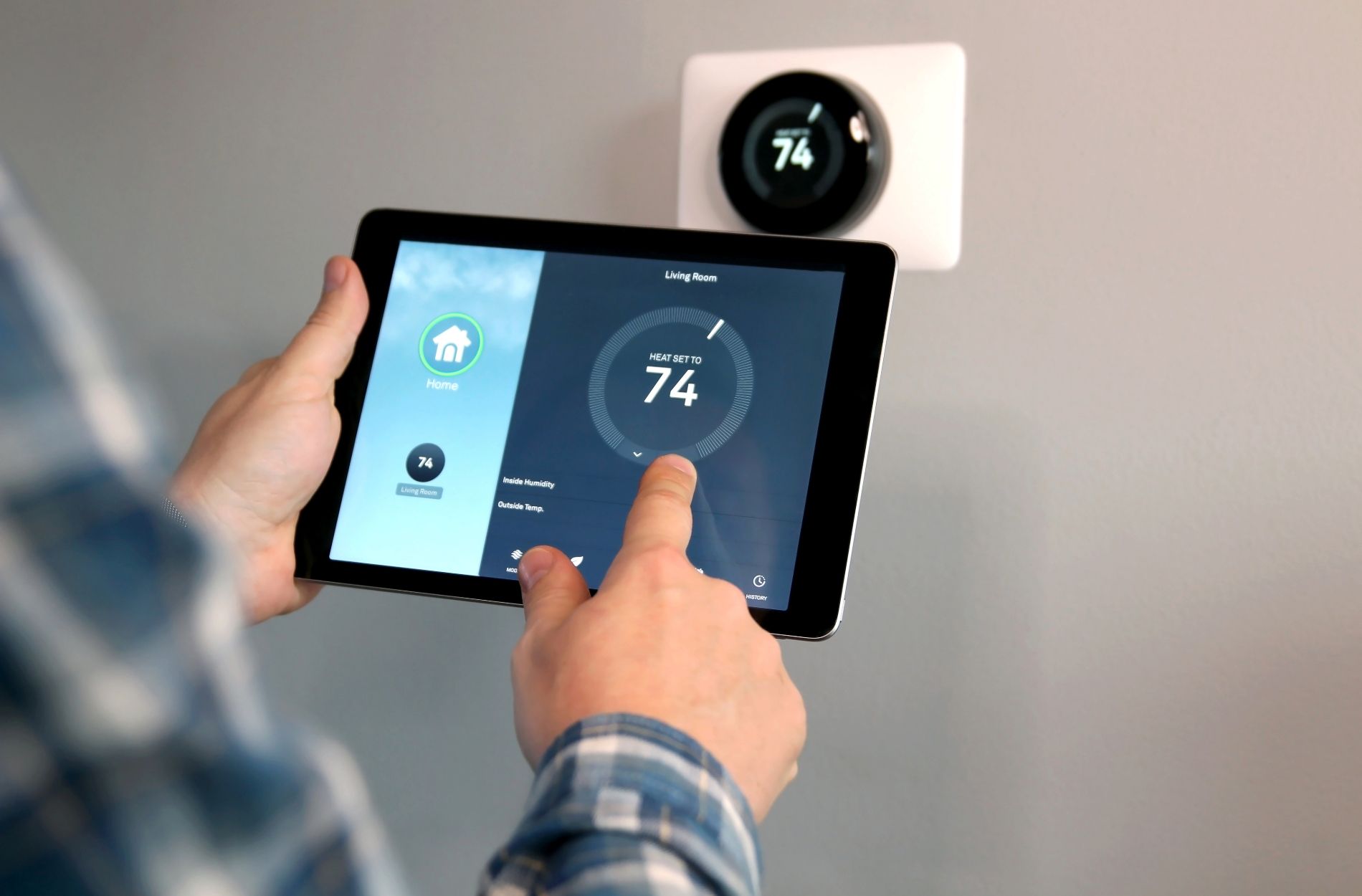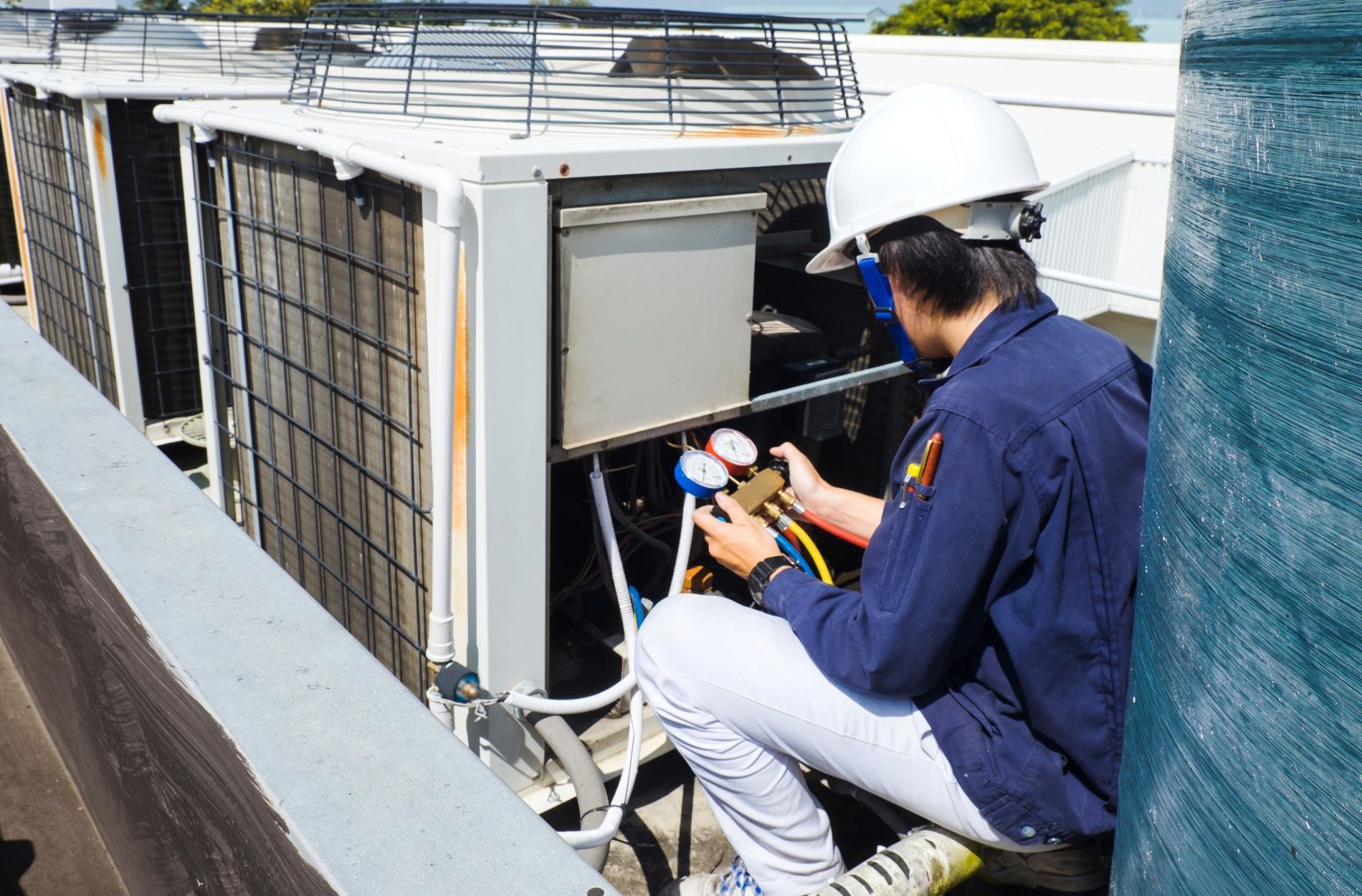How to Choose the Right HVAC System for Your Home
Choosing the right HVAC system for your home is a significant decision that impacts your comfort, energy bills, and overall quality of life. With so many options available, it can feel overwhelming to decide which system best meets your needs. An HVAC system is more than just a major investment; it’s a crucial component in maintaining a comfortable and healthy living environment.
Understanding Your Heating and Cooling Needs
Determining your heating and cooling needs is crucial for selecting the right HVAC system. Start by evaluating the size of your home. Larger homes typically require more robust systems to ensure consistent temperature control throughout. The layout of your home also plays a role; open floor plans may need different solutions than homes with segmented rooms.
Consider the climate in your area. If you live in a region with extreme temperatures, both hot summers and cold winters, you'll need a system that can handle these fluctuations efficiently. Insulation and window quality affect how well your home retains heat or cool air, impacting the type and size of HVAC system you’ll need.
Not everyone has the same comfort preferences. Some people prefer a cooler sleeping environment, while others might need extra warmth. Take into account any specific needs, such as allergy sensitivities that might benefit from a system with advanced air filtration. By understanding these factors, you can better determine which HVAC system will keep your home comfortable year-round.
Types of HVAC Systems: Pros and Cons
There are several types of HVAC systems available, each with its own benefits and disadvantages. Central air conditioning systems are common in many homes. They provide consistent temperature control and can efficiently cool large spaces. However, installation can be complex and costly, especially in older homes that may not have existing ductwork.
Ductless mini-split systems are another option. These are easier to install and perfect for homes without ductwork. They offer flexibility in controlling temperature in individual rooms, which can lead to energy savings. On the downside, ductless systems can be more expensive initially, and the indoor units can be visible within your living spaces.
Heat pumps are versatile because they can both heat and cool your home. They are highly efficient, particularly in moderate climates. Yet, they may struggle in extremely cold conditions without a backup heating source. Additionally, geothermal heat pumps are eco-friendly and provide long-term savings on energy bills, but they come with high upfront installation costs.
Each type of system has its strengths and weaknesses. Weigh these pros and cons carefully to choose the HVAC system that aligns with your home’s needs and your personal preferences. Making an informed decision will lead to better comfort and efficiency in the long run.
Key Features and Technology to Consider
When choosing an HVAC system, it's important to consider the key features and technologies that can enhance performance and convenience. One valuable feature is a programmable thermostat. This allows you to set schedules to automatically adjust the temperature, helping you save energy when you're not home. Some advanced models even offer smart capabilities, learning your routines and making adjustments on their own.
Another feature to look out for is variable-speed technology. HVAC systems with variable-speed compressors or fans can operate at different speeds, providing more precise temperature control and better energy efficiency. These systems can maintain more consistent temperatures and reduce energy consumption by running at lower speeds when full capacity is not needed.
Humidity control is also crucial, especially in regions with high humidity levels. Some HVAC systems offer built-in humidifiers or dehumidifiers to maintain optimal indoor humidity, improving comfort and air quality. Air filtration is another important consideration. Systems with high-efficiency particulate air (HEPA) filters can remove more allergens and pollutants from the air, which is beneficial for those with allergies or respiratory conditions.
Budget and Long-Term Costs
Your budget and long-term costs are major factors in choosing an HVAC system. While it might be tempting to choose the cheapest option, it's important to consider the total cost of ownership. This includes installation, maintenance, and energy costs over the lifespan of the system. Investing in a higher-efficiency unit may cost more initially but can save you significantly on energy bills over time.
Start by determining how much you can comfortably spend on the initial purchase and installation. Keep in mind that more advanced systems with additional features will generally cost more upfront. However, these systems often provide better performance and energy savings.
Monthly operating costs also matter. Energy-efficient systems can reduce your utility bills, offering savings that quickly add up. Additionally, consider maintenance costs. Some systems require more frequent servicing, which can increase your expenses. It can be helpful to compare warranties and service plans offered by manufacturers to find a reliable system that fits your budget.
Conclusion
Choosing the right HVAC system for your home involves careful consideration of your specific heating and cooling needs, the types of systems available, and the key features and technologies that can enhance efficiency and comfort. It's also crucial to evaluate your budget and the long-term costs associated with different systems to make a financially sound decision.
A well-chosen HVAC system not only improves comfort in your home but also provides energy savings and better air quality. By understanding the various options and their benefits, you can ensure that you select a system that suits your home and lifestyle perfectly.
For expert
HVAC installation in Owensboro, contact Anytime Heating & Air. Our team of experienced technicians is ready to help you find the perfect solution for your home. Schedule an appointment with us today and enjoy enhanced comfort and efficiency year-round.


